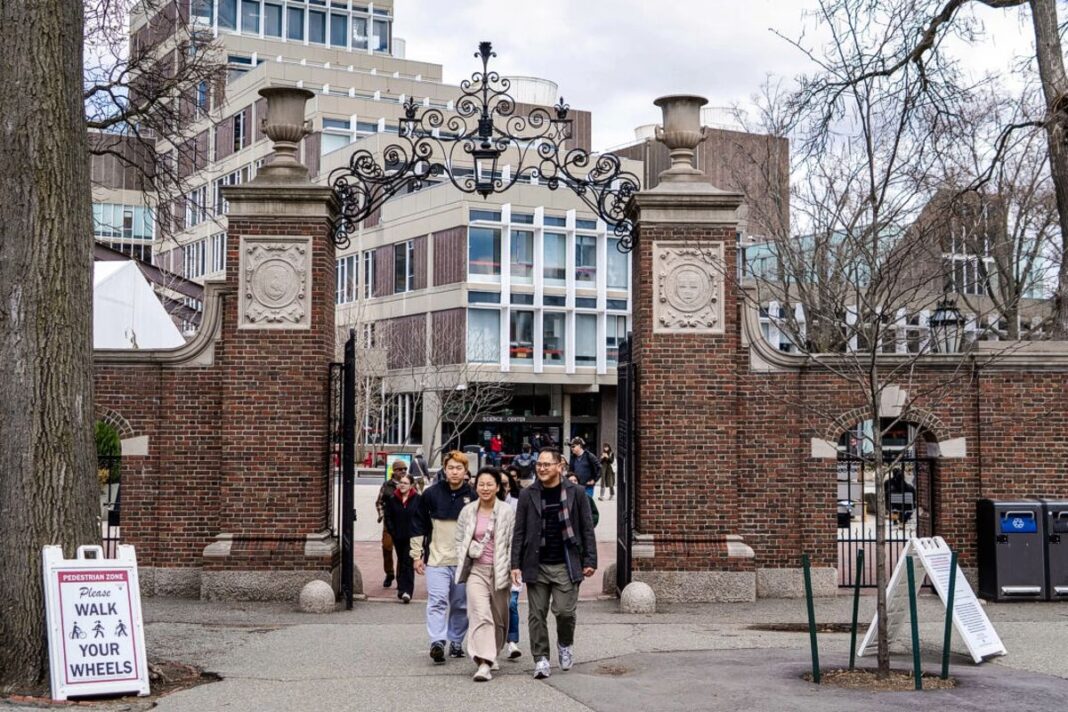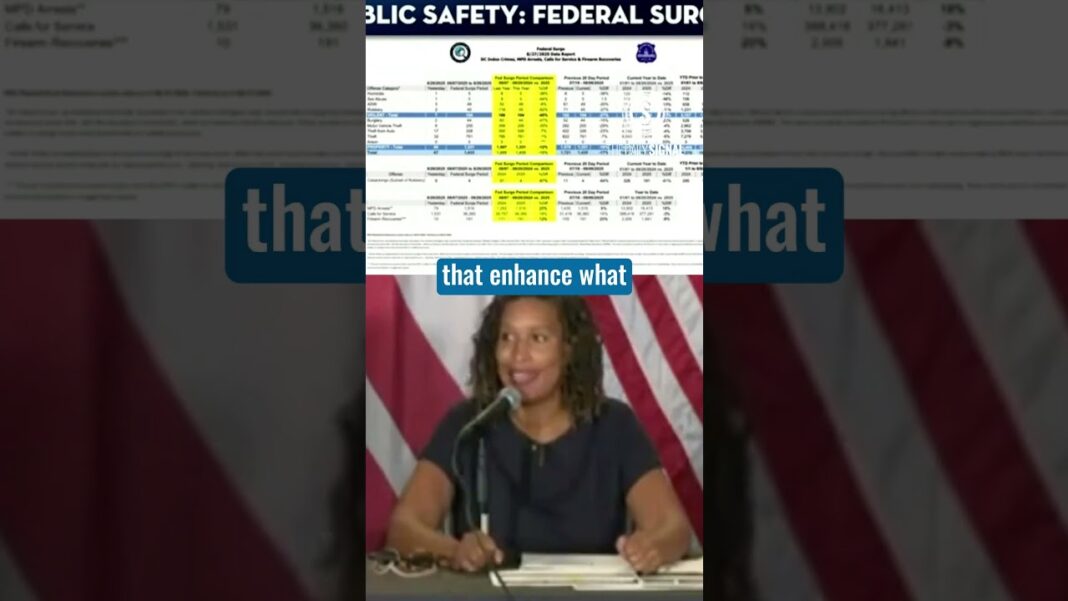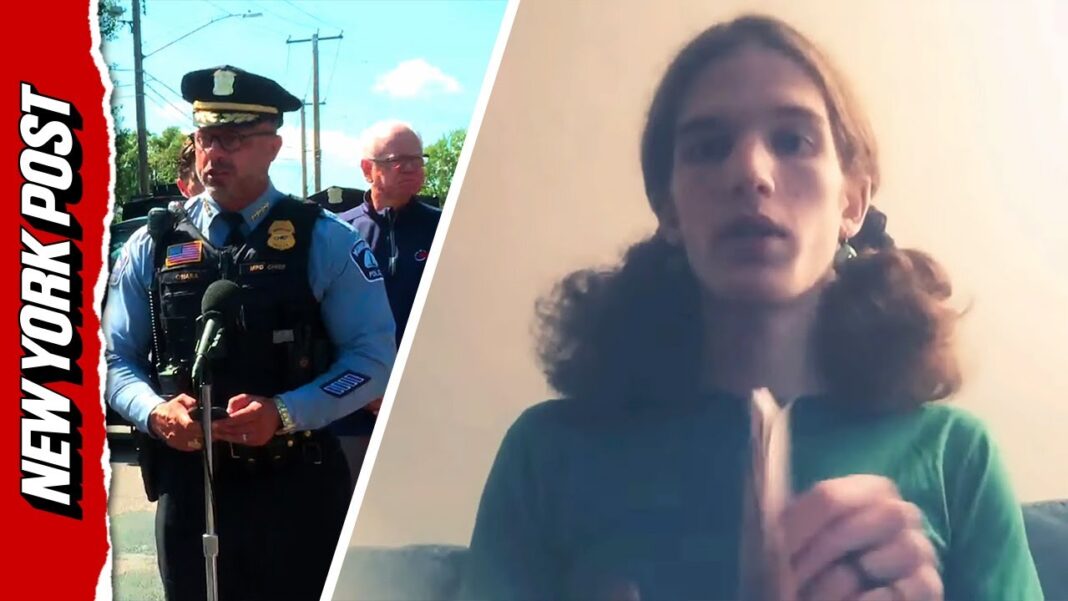‘In 2024, DHS identified nearly 77,000 F-1 students who have spend more than 10 years in student status,’ the notice said.
The Department of Homeland Security (DHS) on Aug. 27 posted a draft version of proposed changes to temporary visas for overseas students and exchange visitors.
The proposed changes—posted in a notice of proposed rulemaking in the Federal Register officially dated Aug. 28—look to establish a fixed visa period for nonimmigrant students, exchange visitors, and foreign media personnel to stay in the United States.
Current rules allow F (student) and J (educational and cultural exchange visitor) nonimmigrant visa holders to remain in the United States under a “duration of status (D/S)” or “duration of employment” model that the department said referred to an unspecified period of time, with no oversight or vetting, for authorized presence in the United States.
The current rules do not allow immigration officers “enough predetermined opportunities to directly verify that aliens granted such nonimmigrant statuses are engaging only in those activities their respective classifications authorize while they are in the United States,” the DHS notice said.
“In turn, this has undermined DHS’s ability to effectively enforce compliance with the statutory inadmissibility grounds related to unlawful presence and has created incentives for fraud and abuse.”
The DHS said that the fixed period being proposed for these visa groups, and their spouses or dependents, would be “until completion of their program or four years, whichever is shorter.” The F and J visa holders’ spouses are not allowed to work, but their children can attend U.S. public schools.
Representatives of foreign media on I non-immigrant visas were also included for proposed changes. The draft recommended a fixed 240 days for these visa holders, with the option to extend for another 240 days through an extension-of-stay application with U.S. Citizenship and Immigration Services (USCIS).
The changes will bring these visa classes in line with the rules for other types of nonimmigrant visas, which have specific departure dates, the DHS said.
The proposal suggests giving F visa holders an additional 60 days from the law’s effective date to leave the United States, while J visa holders will be given 30 additional days from their program end date to depart the country. The department will also consider reducing the 60-day grace period for students to 30 days, aligning it with other visitor groups.
Those needing additional time to complete their studies or exchange programs can continue to file an extension-of-stay request.
If their extension-of-stay application is denied, visa-holders and their dependents must immediately depart the United States.
Nonimmigrants can apply for new study or exchange programs and can apply for a new visa allowing for another maximum stay of four years for their new program.
By Melanie Sun








